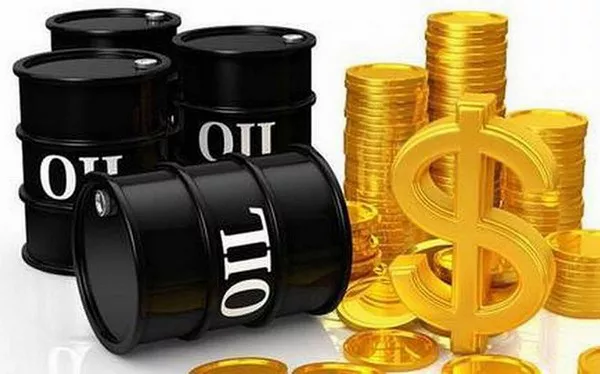Crude oil is one of the most actively traded commodities in the financial markets. Buying crude oil futures can offer investors an opportunity to profit from price movements and hedge against inflation or geopolitical risks. However, trading futures requires a solid understanding of the market and associated risks. In this article, we will provide you with a step-by-step guide on how to buy crude futures.
Understanding Crude Oil Futures
Before diving into the process of buying crude futures, it’s essential to understand what they are. Crude oil futures contracts represent an agreement to buy or sell a specified quantity of crude oil at a predetermined price on a future date. These contracts are traded on commodity exchanges like the New York Mercantile Exchange (NYMEX) and come with standardized contract sizes and expiration dates.
Step 1: Educate Yourself
The first step in buying crude futures is to educate yourself about the market. Gain a basic understanding of how futures trading works, including concepts such as margin, leverage, and contract specifications. Familiarize yourself with fundamental and technical analysis techniques used to evaluate crude oil prices and identify potential trading opportunities.
Step 2: Choose a Brokerage Account
To trade crude oil futures, you’ll need to open a commodity futures trading account with a reputable brokerage firm that offers access to the relevant exchanges. Look for a broker that provides a user-friendly trading platform, competitive commission rates, and robust research and educational resources.
Step 3: Complete the Account Opening Process
Once you’ve selected a brokerage firm, you’ll typically need to complete an application form and provide required identification and financial information. The brokerage will conduct a suitability assessment to ensure that trading futures is appropriate for your investment goals and risk tolerance.
Step 4: Fund Your Account
After your account is approved, you’ll need to fund it with sufficient capital to meet the margin requirements for trading crude oil futures. Margin is the amount of money you need to deposit as collateral to initiate and hold a futures position. Ensure that you understand the margin requirements and have enough funds in your account to cover potential losses.
Step 5: Research and Analysis
Before entering any trade, conduct thorough research and analysis to develop a trading strategy. Monitor relevant market news, economic indicators, and geopolitical events that can impact crude oil prices. Utilize both fundamental analysis (e.g., supply and demand factors) and technical analysis (e.g., price patterns, trend lines) to identify potential entry and exit points for your trades.
Step 6: Execute Your Trade
Once you’ve identified a trading opportunity, it’s time to execute your trade. Use your brokerage’s trading platform to enter the appropriate orders. For buying crude oil futures, you’ll typically place a “buy” order specifying the contract size, expiration month, and desired price. Make sure to double-check the details before submitting your order.
Step 7: Monitor and Manage Your Position
After executing your trade, actively monitor your position. Keep an eye on market conditions, news releases, and any events that could impact crude oil prices. Implement risk management techniques such as setting stop-loss orders to limit potential losses and trailing stops to protect profits as the market moves in your favor.
Step 8: Close or Roll Over Your Position
As the expiration date of your crude oil futures contract approaches, you have two options: close the position or roll it over. Closing the position involves selling the contract before its expiration. Rolling over the position means closing the current contract and simultaneously opening a new contract with a later expiration date. Consult with your broker and consider your trading strategy when deciding which option to choose.
Step 9: Continuous Learning and Improvement
Successful futures trading requires continuous learning and improvement. Stay updated on market trends, industry developments, and trading strategies. Analyze your trades to identify strengths and weaknesses and refine your approach accordingly. Engage with the trading community through forums, seminars, and educational materials to expand your knowledge and enhance your skills.
Conclusion
Buying crude oil futures can be a lucrative investment strategy for those willing to navigate the complexities of the market. By educating yourself, choosing a reputable broker, conducting thorough research, and managing your positions effectively, you can increase your chances of success in this dynamic and volatile market. Remember that futures trading involves risks, and it’s important to trade with caution and always be mindful of your risk tolerance.


